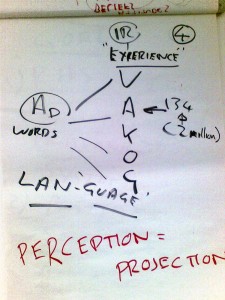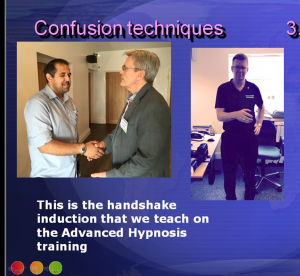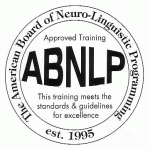FAQs
These are some general FAQs
What is Hypnosis?
History
Hypnotic or suggestive therapy is the oldest of all healing techniques. From the Sleep Temples of Egypt through the histories of ancient Greece and Rome some form of hypnosis has always been an intimate part of all cultures.
What is it like?
The actual experience of being hypnotised is very difficult to describe, neither asleep nor awake. All hypnotic states are characterised by a tremendously pleasant state.
Read more…
Applications / Hypnotherapy
Help with breaking unwanted habits, (e.g. smoking, alcohol abuse, drug abuse, nocturnal enuresis, nail biting, stuttering); relief and often remission from symptoms like breathing problems, stomach and ‘nerves’; skin problems and nervous rashes; arthritic pain, period pains and general neuromuscular aches and pains.
What is NLP?
NLP, or Neuro Linguistic Programming, captures successful approaches to understanding, modelling and creating new behaviour, rapidly. It’s original creators defined it as ‘an attitude and a methodology that leaves behind a trail of techniques’.
What is Time Line Therapy®?
Time Line Therapy®is a process that helps us to let go of negative emotions from the past, let go of doubts and fears, and create our future.
What is Creating Your Future®?
The Create Your Future® process lets you set future outcomes deep into your unconscious so that you seek them out in reality.
Read more..
Miscellaneous FAQs
Are you insured?
Yes, we have appropriate and full professional indemnity and public liability insurance.
Are the techniques ‘safe’?
Yes as safe as normal life. No-one can make you take on board suggestions that do not fit with your own personal values and desires.
Can anyone learn NLP and Hypnosis?
Generally speaking, if you are basically sound of mind, yes. See our general brochure for more information, including your training agreement and standard terms etc.
Can anyone be treated with Hypnosis / NLP?
Most people, yes. There are aspects to consider here: (i) we do suggest a scope of practice, depending on your experience and level of training; (ii) we advise that certain categories of client/patient are not to be treated (including psychotic conditions) unless you have other expertise and experience; and (iii) the requirements of law, and including for example working with children and other defined ‘vulnerable’ people.








